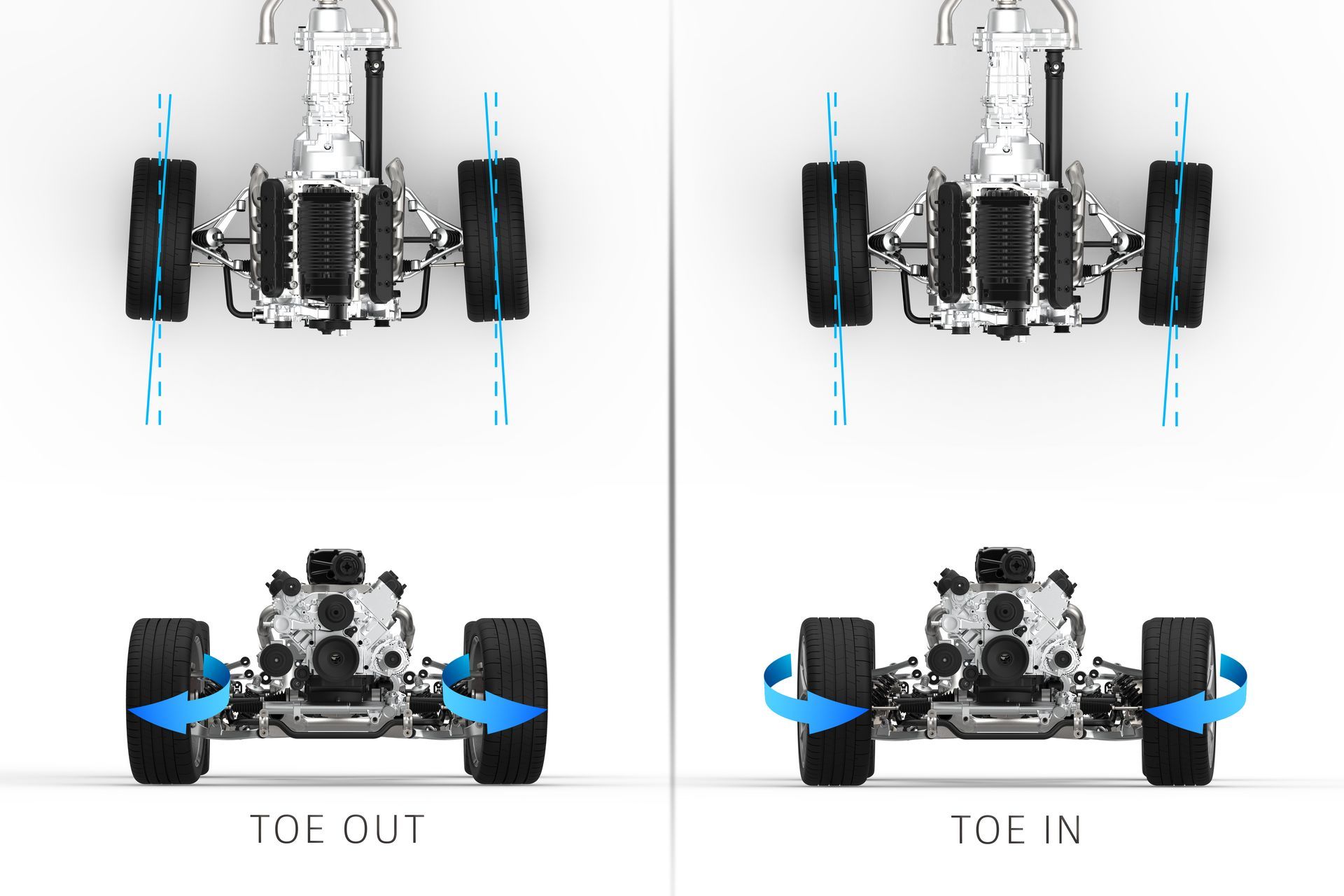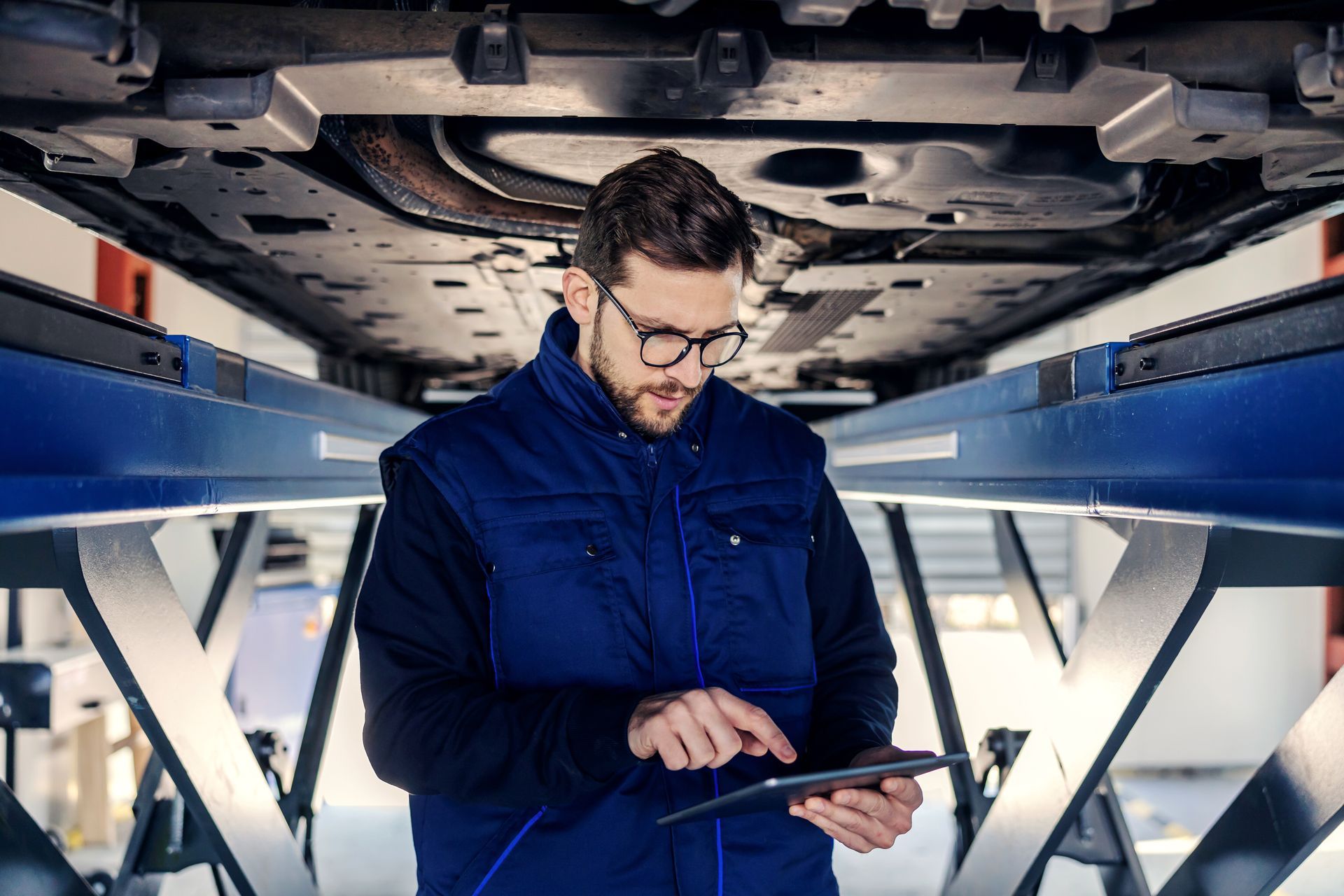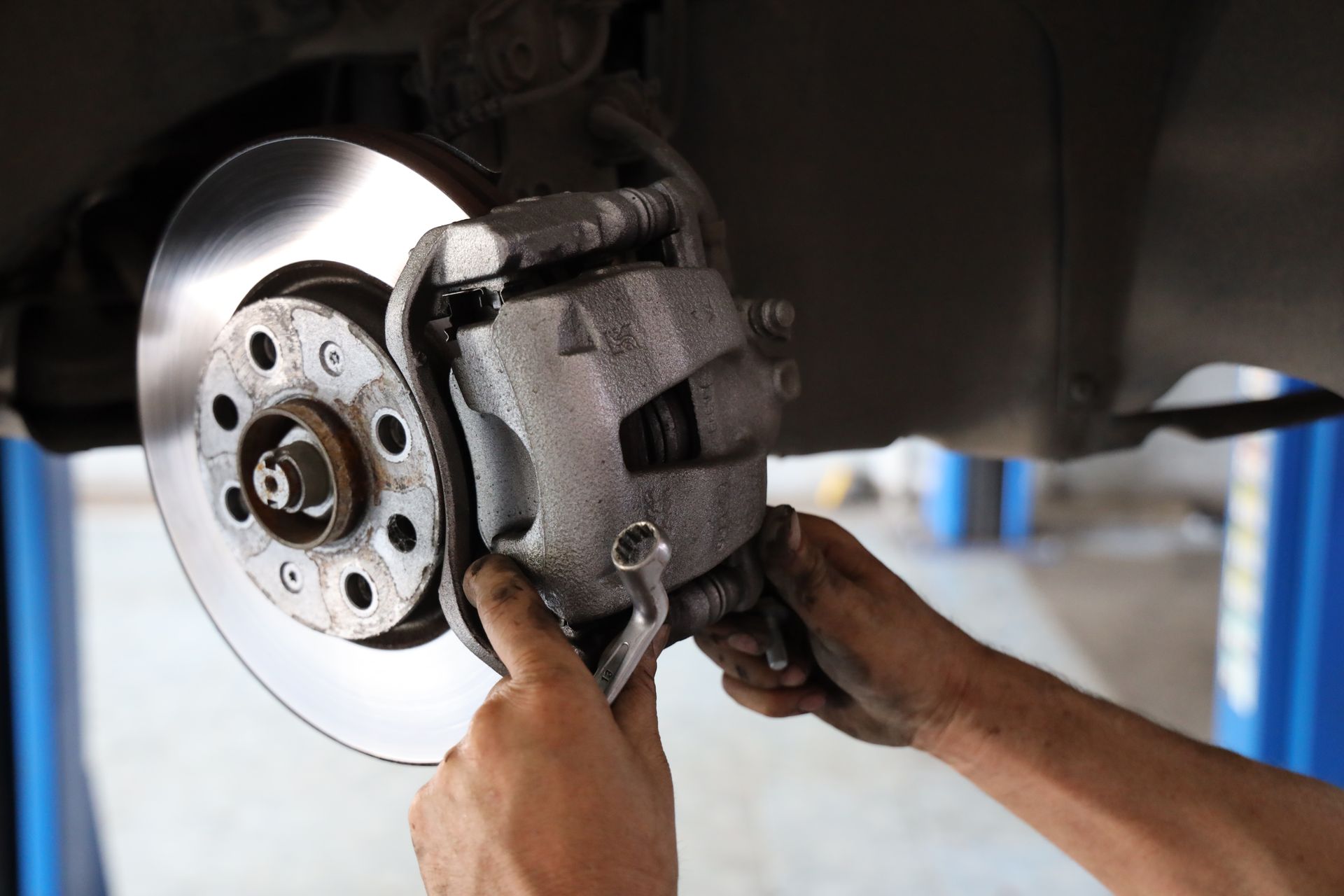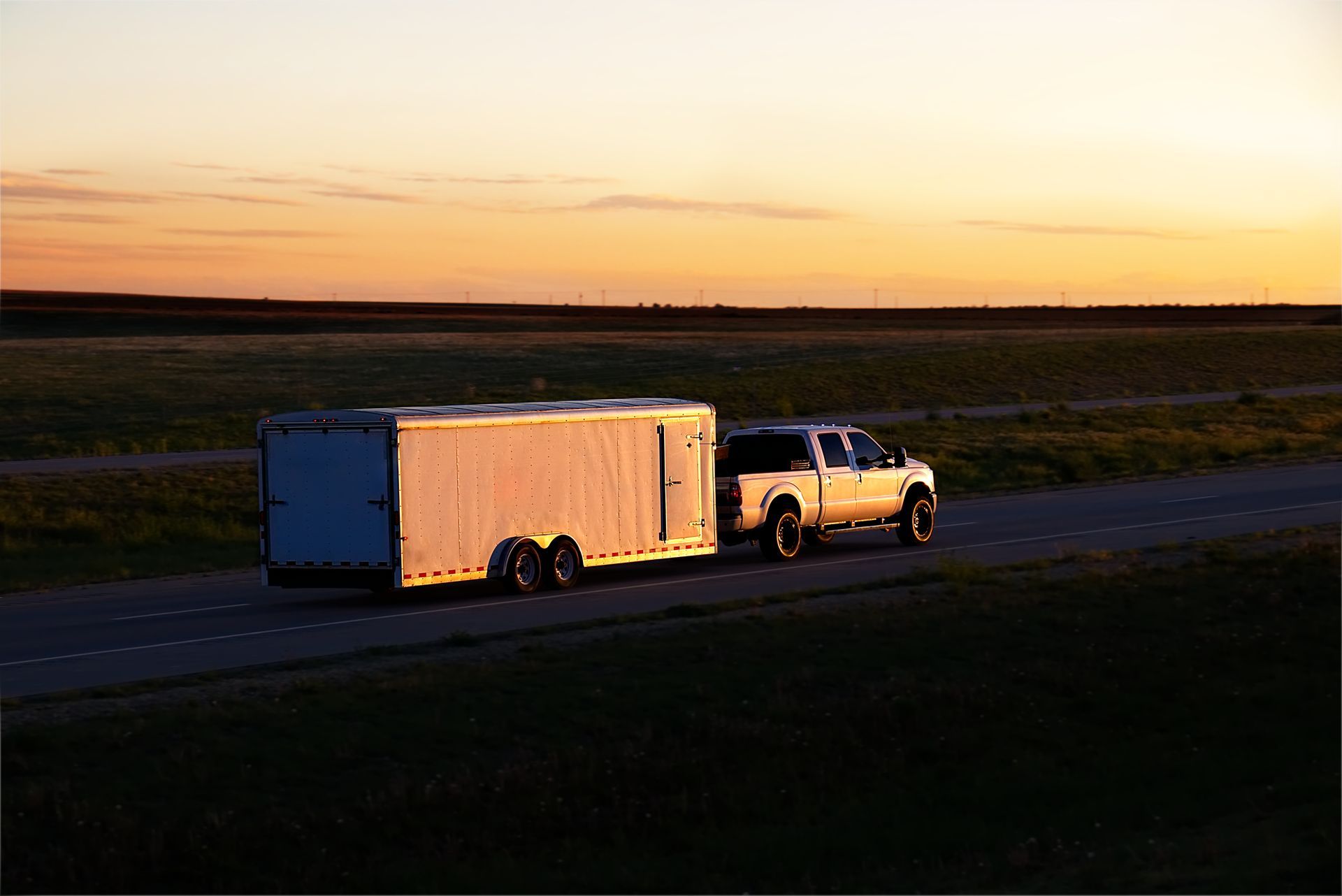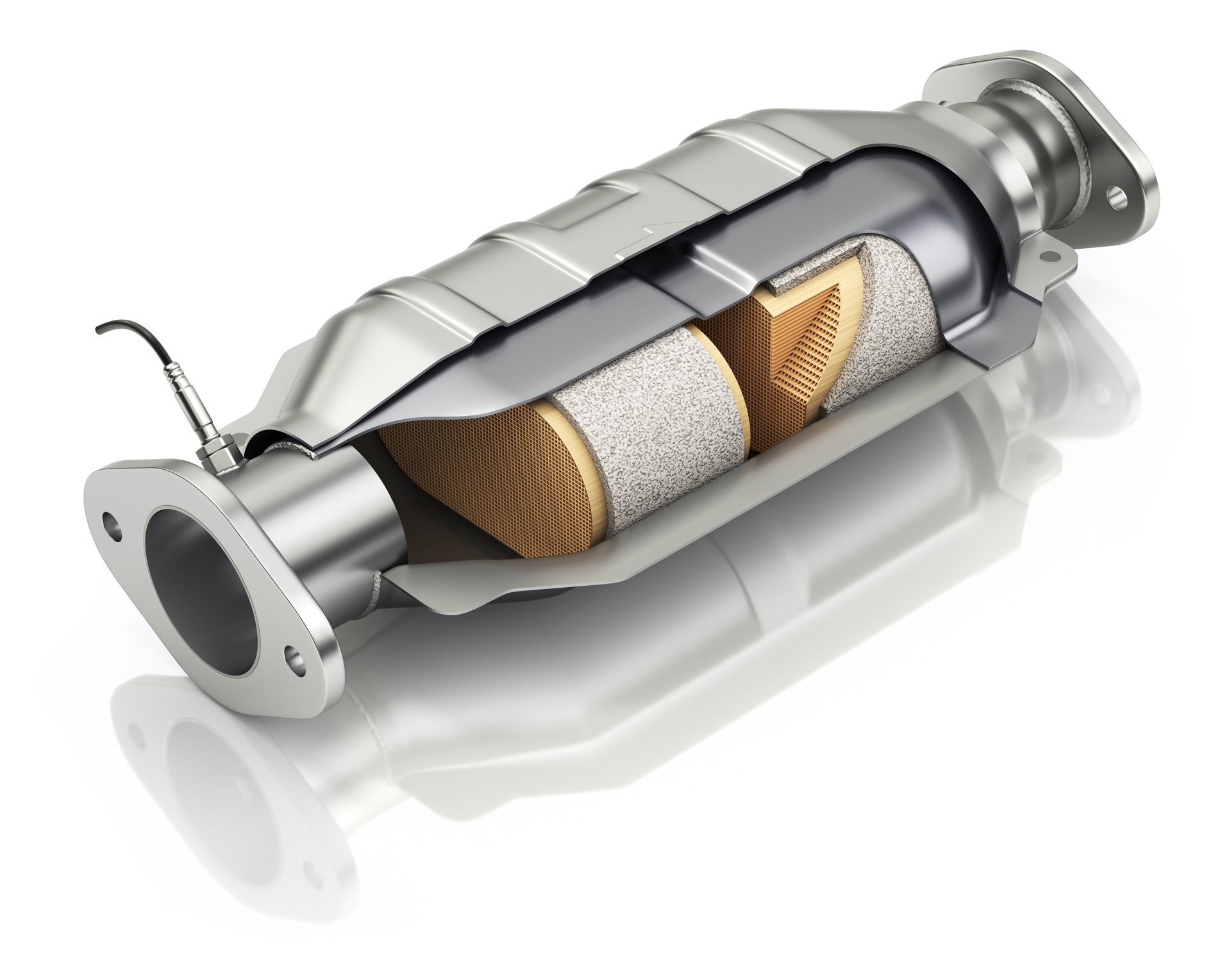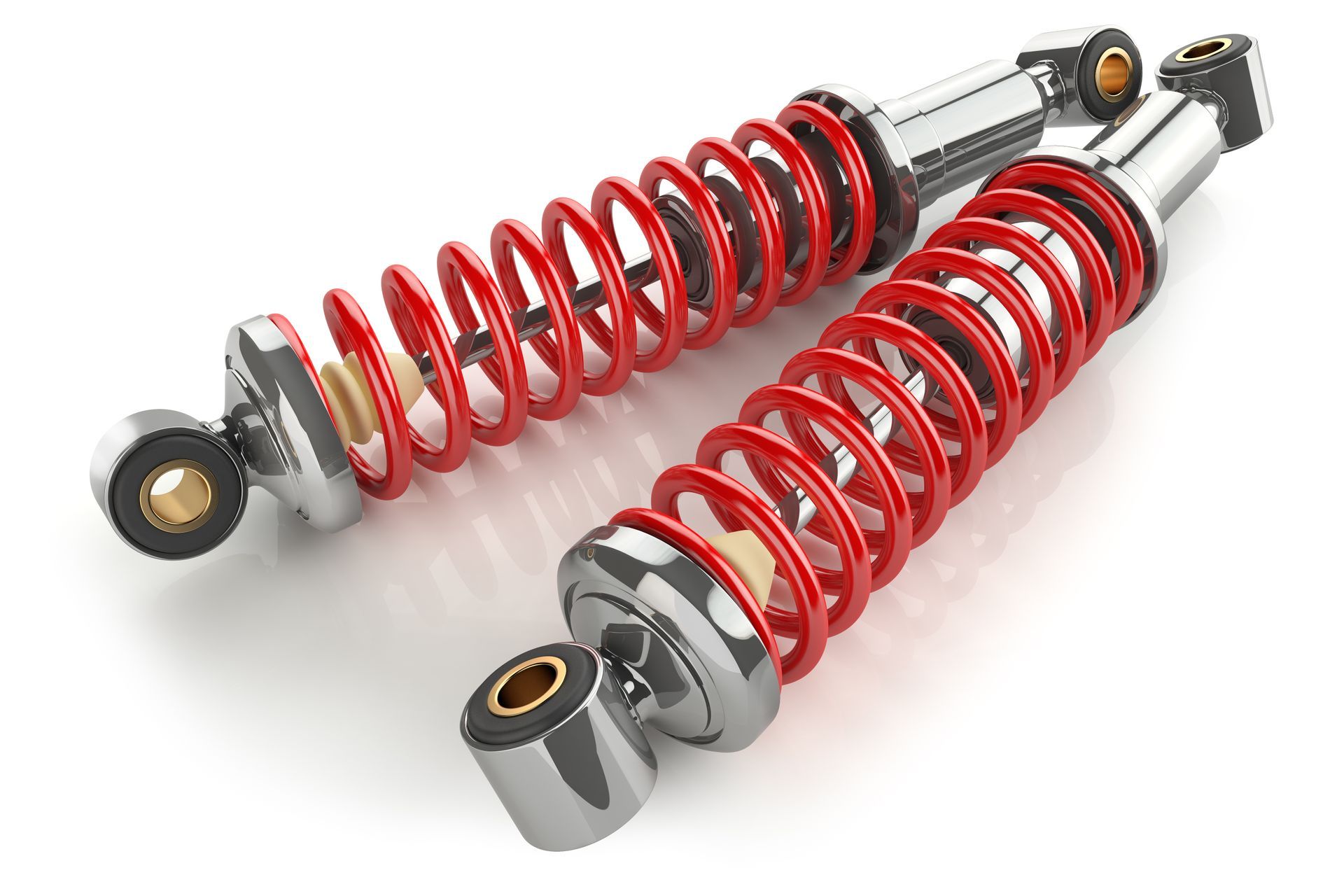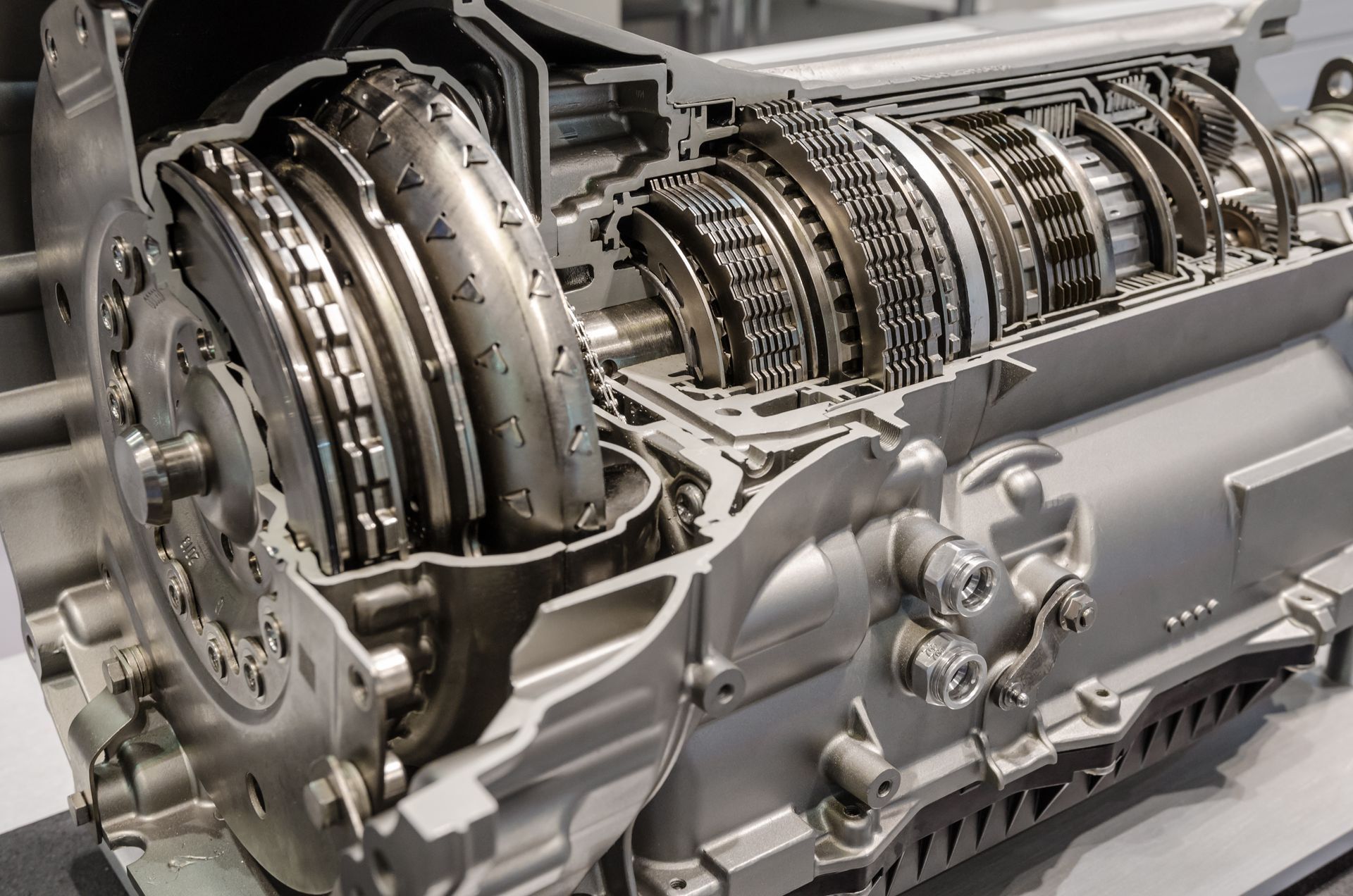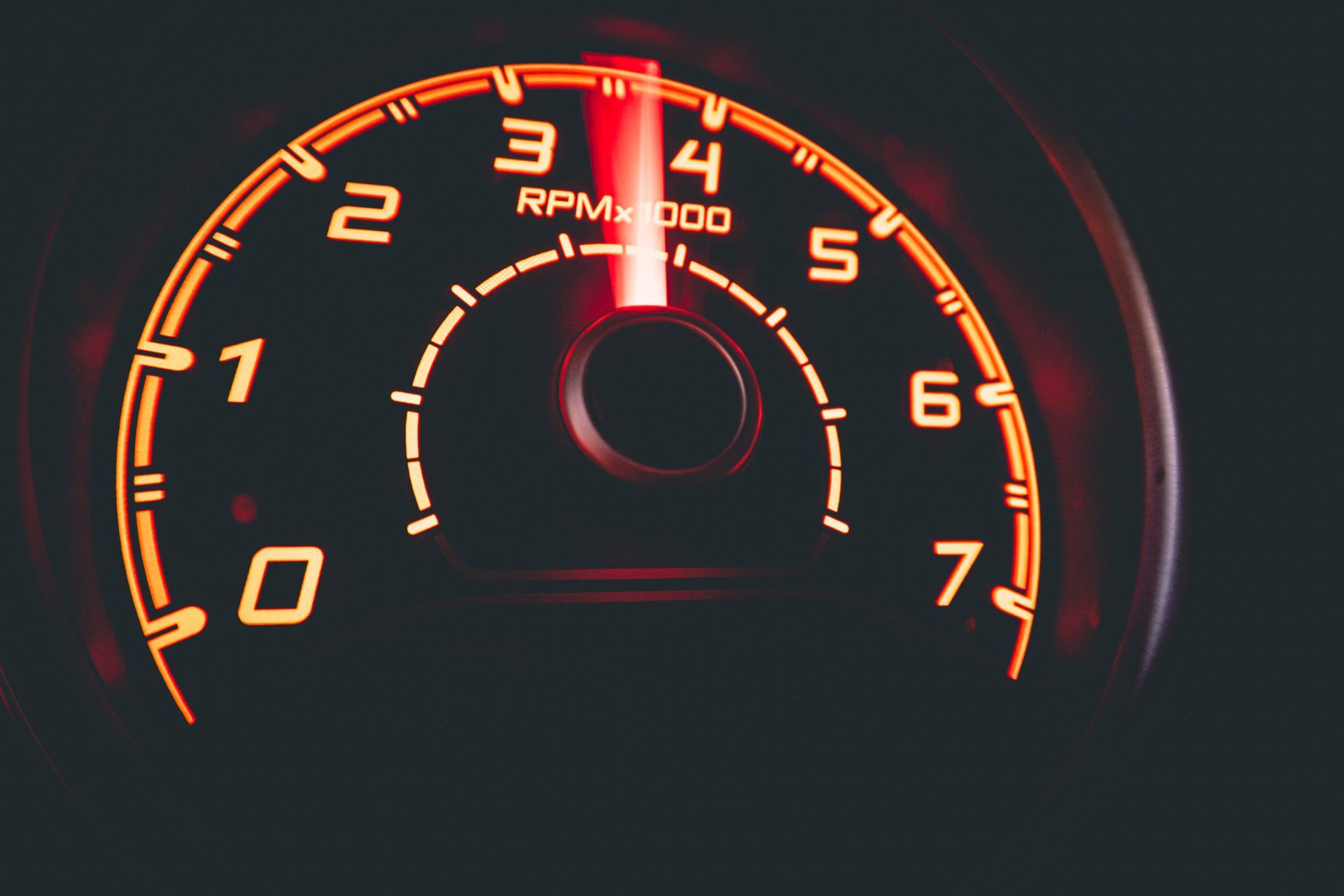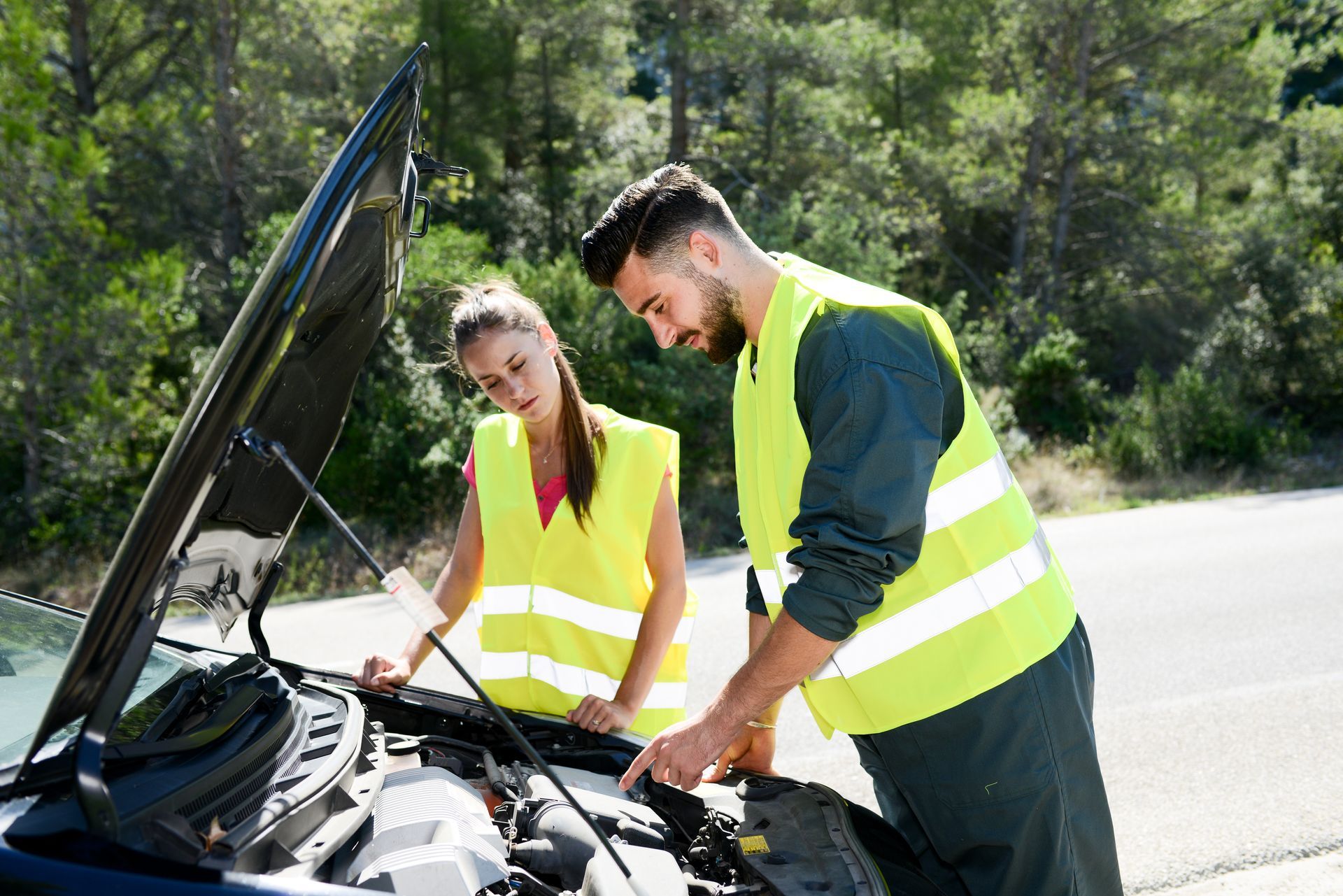If your steering wheel makes a grinding noise when you turn, something’s off—and it’s not something to shrug off. That sound could be coming from worn parts, low fluid levels, or a failing component in your steering or suspension system. It might start out subtle but left alone; it usually gets worse. Knowing what to listen for is the first step toward preventing more expensive repairs.
Worn or Dry CV Joints
Constant velocity (CV) joints are responsible for transferring power from the transmission to your wheels, especially as they turn and move up and down with the suspension. These joints are covered by rubber boots that hold in grease and keep out debris.
Over time, those boots can crack, split, or dry out. When they do, the joint loses lubrication and starts to grind as it wears. This is one of the most common reasons for grinding or clicking when turning—especially on front-wheel drive vehicles.
If you hear the grinding noise mostly during sharp turns, especially at low speeds or while accelerating, a worn CV joint could be the issue.
Brake Components Making Contact
In some cases, the grinding you're hearing isn’t from the steering or suspension at all—it's from the brakes. If your brake pads are worn down to the metal backing, they can grind against the rotors when you steer and apply the brakes at the same time.
Even if your pads still have life left, a stuck caliper or uneven wear can cause one side to drag, creating a grinding noise that gets worse when you’re cornering.
This issue can quickly cause rotor damage, so if you suspect it's brake-related, have it checked sooner rather than later.
Damaged Wheel Bearings
Wheel bearings allow your wheels to spin freely with minimal friction. But when a bearing starts to fail, it can cause a rough grinding or growling sound that gets louder as you drive—and especially when turning.
A bad bearing can also make your steering feel loose or cause uneven tire wear. In more severe cases, it can even affect your ability to keep the car stable in a turn.
If the grinding increases with vehicle speed and changes when you turn in one direction versus the other, a wheel bearing is a likely suspect.
Steering System Wear or Lack of Lubrication
If the noise is coming from the steering column or front end when you move the wheel, your car could be dealing with worn steering components or low power steering fluid. Worn tie rods, ball joints, or bushings can grind under pressure as they flex during turns.
A lack of lubrication in the suspension or steering rack can also cause dry metal-on-metal contact, which produces a grinding or scraping sound. These parts wear slowly over time and may be more noticeable in cold weather or when driving over rough terrain.
Suspension Interference or Broken Components
Suspension problems—like a broken coil spring or damaged control arm—can cause grinding or rubbing as your wheels turn and shift position. Sometimes, a piece of metal may rub against a rotating component like the wheel or brake rotor.
If you hear the noise more when turning one way than the other or when going over bumps at the same time, a suspension issue may be to blame. In these cases, the noise might be accompanied by changes in ride height, uneven tire wear, or clunky handling.
Get It Inspected
If you hear grinding every time you turn, or if the noise is getting worse, don’t wait to get it checked. What might start as a minor problem can quickly escalate into a safety issue—especially if you’re dealing with failing brakes, bearings, or suspension parts.
Keep an ear out for:
- Grinding that changes with speed
- Noise that only happens during tight turns
- Steering that feels stiffer or looser than usual
- Any new vibration while turning
- These are signs it’s time to bring your vehicle to a shop you trust.
Barsh Auto – Steering and Suspension Diagnostics in Conroe & New Waverly, TX
If you’re hearing a grinding noise when turning, stop by
Barsh Auto in Conroe or New Waverly, TX. Our experienced technicians will inspect your steering, brakes, suspension, and drivetrain to pinpoint the problem and make the right repair—fast.

